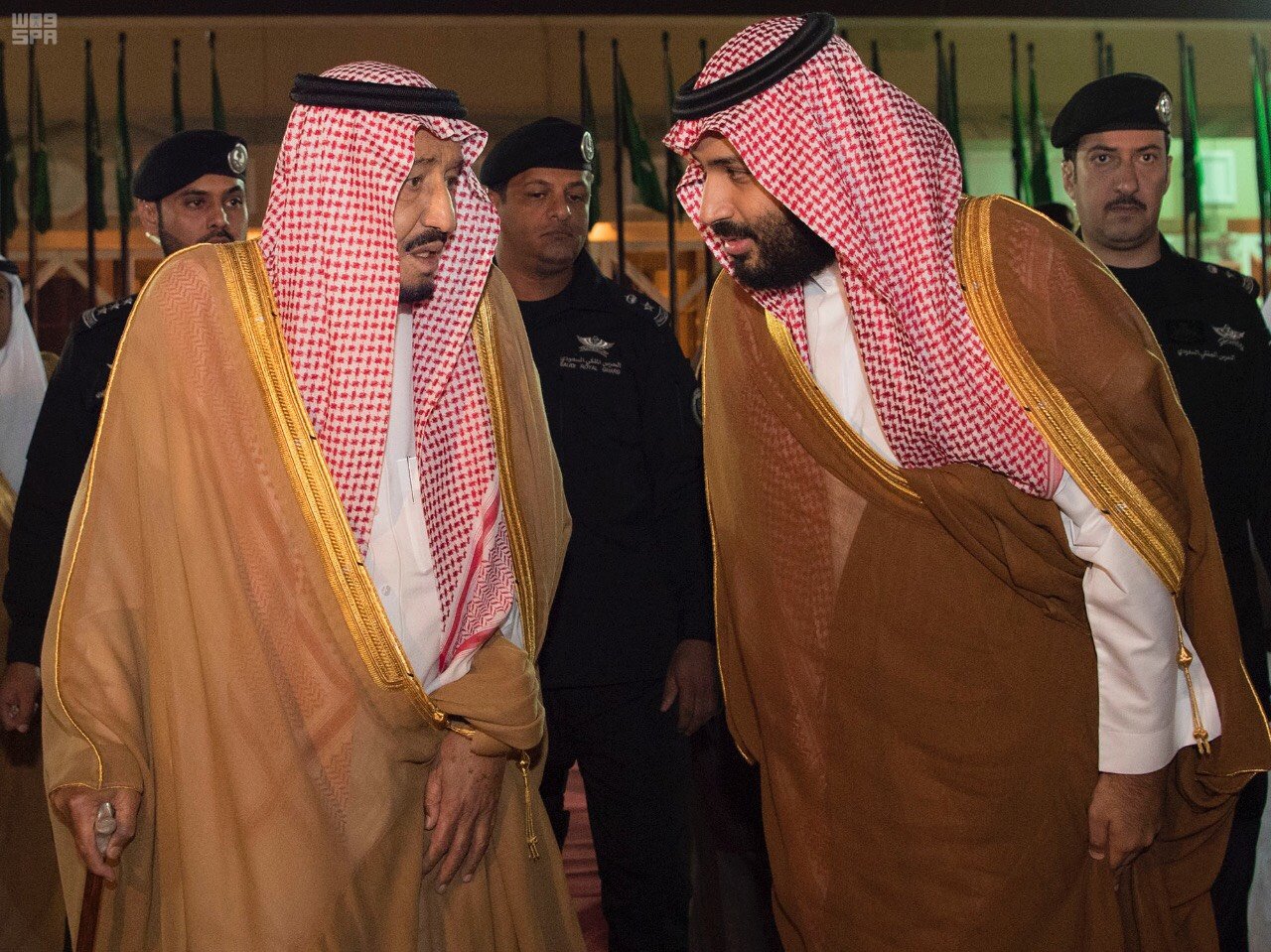The emergence of new foreign policy and domestic challenges for Saudi Arabia in recent weeks have taken precedent over resolving the Arab-led embargo of Qatar, according to Saudi Arabia’s leaders, as the United States reportedly has stepped in to support the Kingdom now elsewhere in the region.
Exactly one month ago, Secretary of State Rex Tillerson traveled to Saudi Arabia to discuss the Qatar issue, among others. Tillerson then traveled next to Doha to seek an end to the months-old embargo of Qatar, which Saudi Arabia and other Gulf states refer to as a “boycott.”
A lot has happened for Saudi Arabia in just one month.
In comments from both the Crown Prince of Saudi Arabia, Mohammed bin Salman, and the Kingdom’s foreign minister Adel Al-Jubeir, the Qatar crisis is being downplayed as a marginal priority in the wake of recent events. Leading the list for Saudi Arabia is a years old conflict in Yemen that directly threatened the Saudi capital in Riyadh on November 4, challenges from Iran in Lebanon, Syria, and elsewhere, and domestic challenges including anti-corruption efforts and actualizing Vision 2030.
“Qatar is a very, very, very small issue,” Crown Prince Mohammed bin Salman said in an October interview with Reuters.
“[W]e need not to concern ourselves with the Qatari subject,” Al-Jubeir recently said.
With new challenges on the horizon, the Trump administration, which had worked to end the Qatar crisis just weeks ago, is now “pushing for a quick resolution to the political stalemate in Lebanon so the U.S. and Saudi Arabia can focus on what Washington sees as the most significant regional threat: Iran’s supply of sophisticated weapons to its Middle East allies, including Hezbollah.”
“The state of uncertainty is not serving anyone but Hezbollah and its allies,” said a senior Trump administration official quoted by the Wall Street Journal. “The longer it goes on, the worse it is for Saudi interests and U.S. interests and the interest of our friends.”
The resignation of Prime Minister Saad Hariri has created a “frustrating complication” for the United States which “which wants some clarity so it can galvanize support for new action against Iran, according to the Wall Street Journal.
“We and the Saudis agreed that it was unfortunate that…the real threat of active war against the Saudi capital was overshadowed by the prime minister’s resignation,” the senior administration official said.
Meanwhile, Qatar’s foreign minister claimed the Gulf nation had “U.S. backing to resolve the ongoing crisis” and that the Trump administration “is encouraging all sides to end the dispute and has offered to host talks at the Camp David presidential retreat, but only Qatar has agreed to the dialogue,” according to comments from the nation’s foreign minister Sheikh Mohammed Al-Thani.
According to Bloomberg, Sheikh Mohammed said he will meet Secretary of State Rex Tillerson next week after having talks this week with Senate Foreign Relations Committee chairman Bob Corker and ranking member Ben Cardin as well as other congressional leaders.









